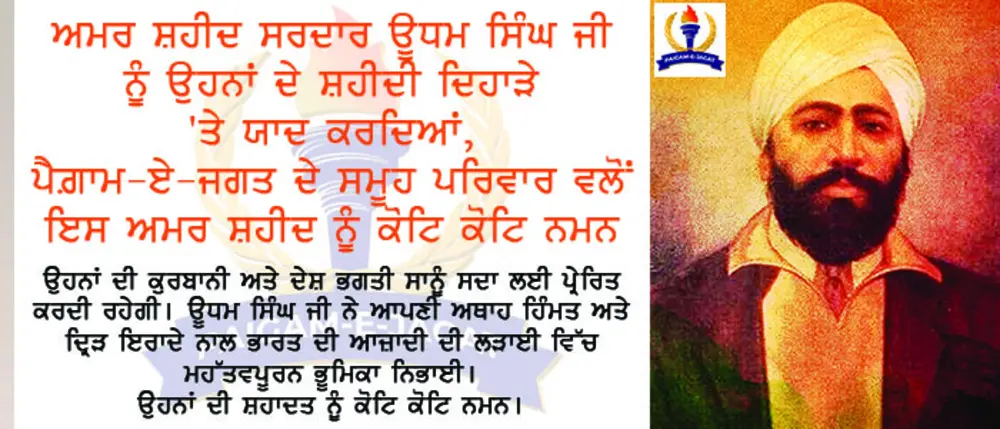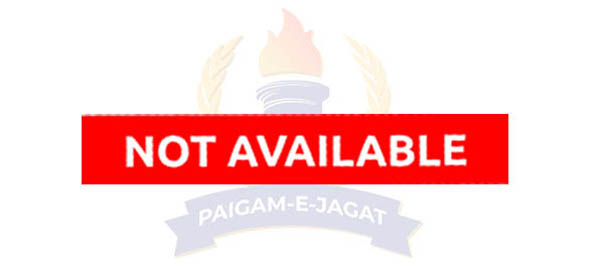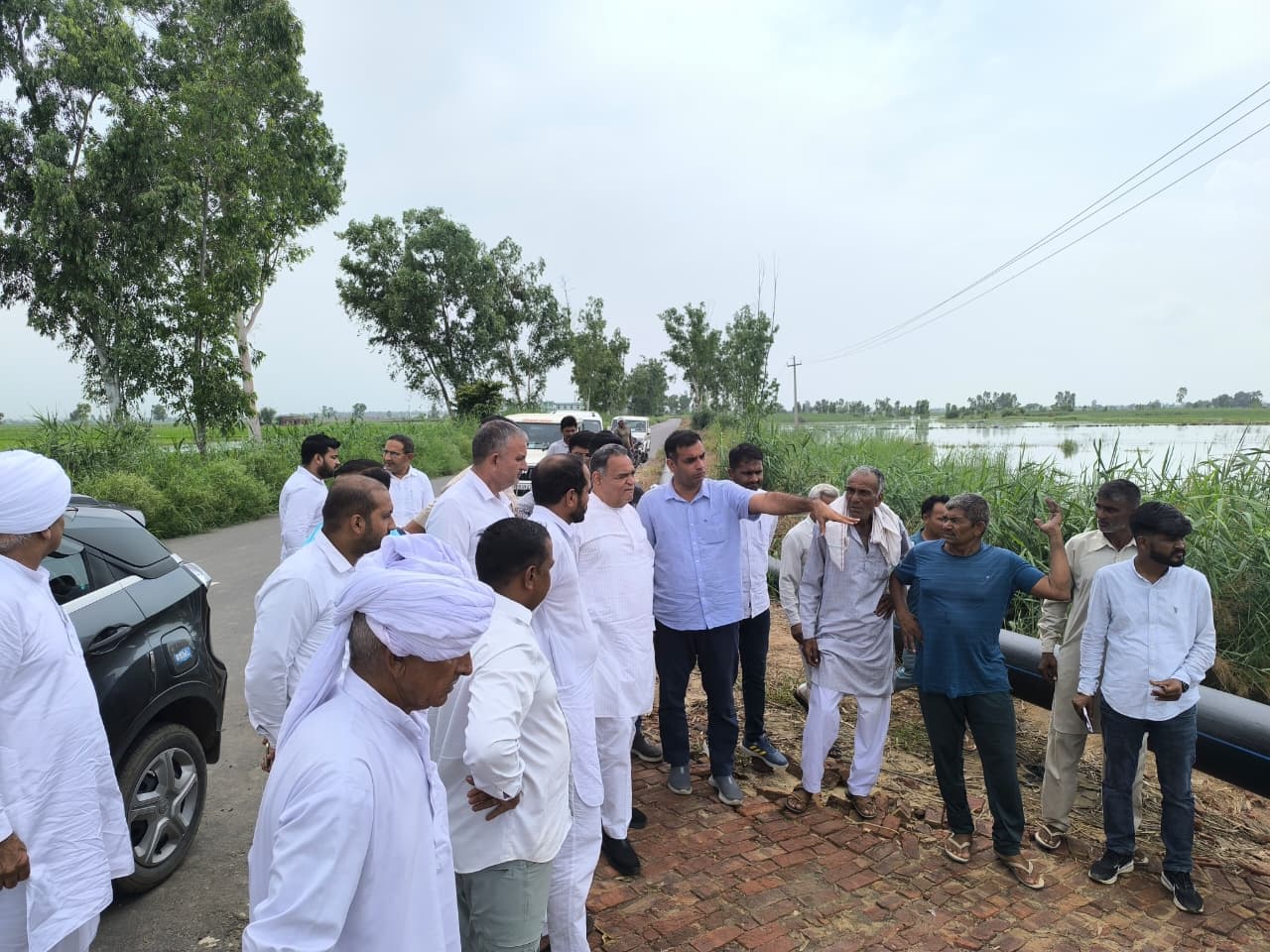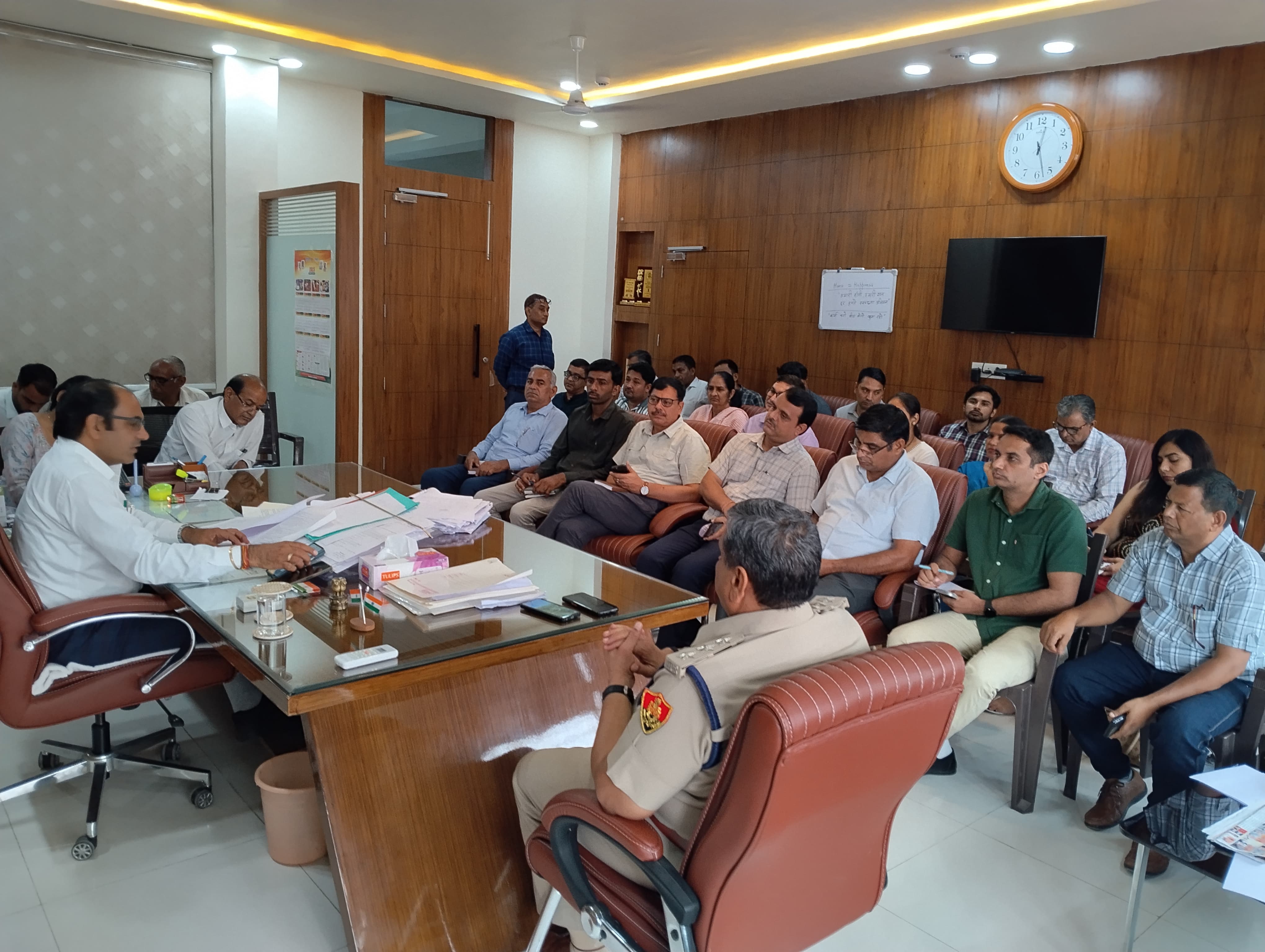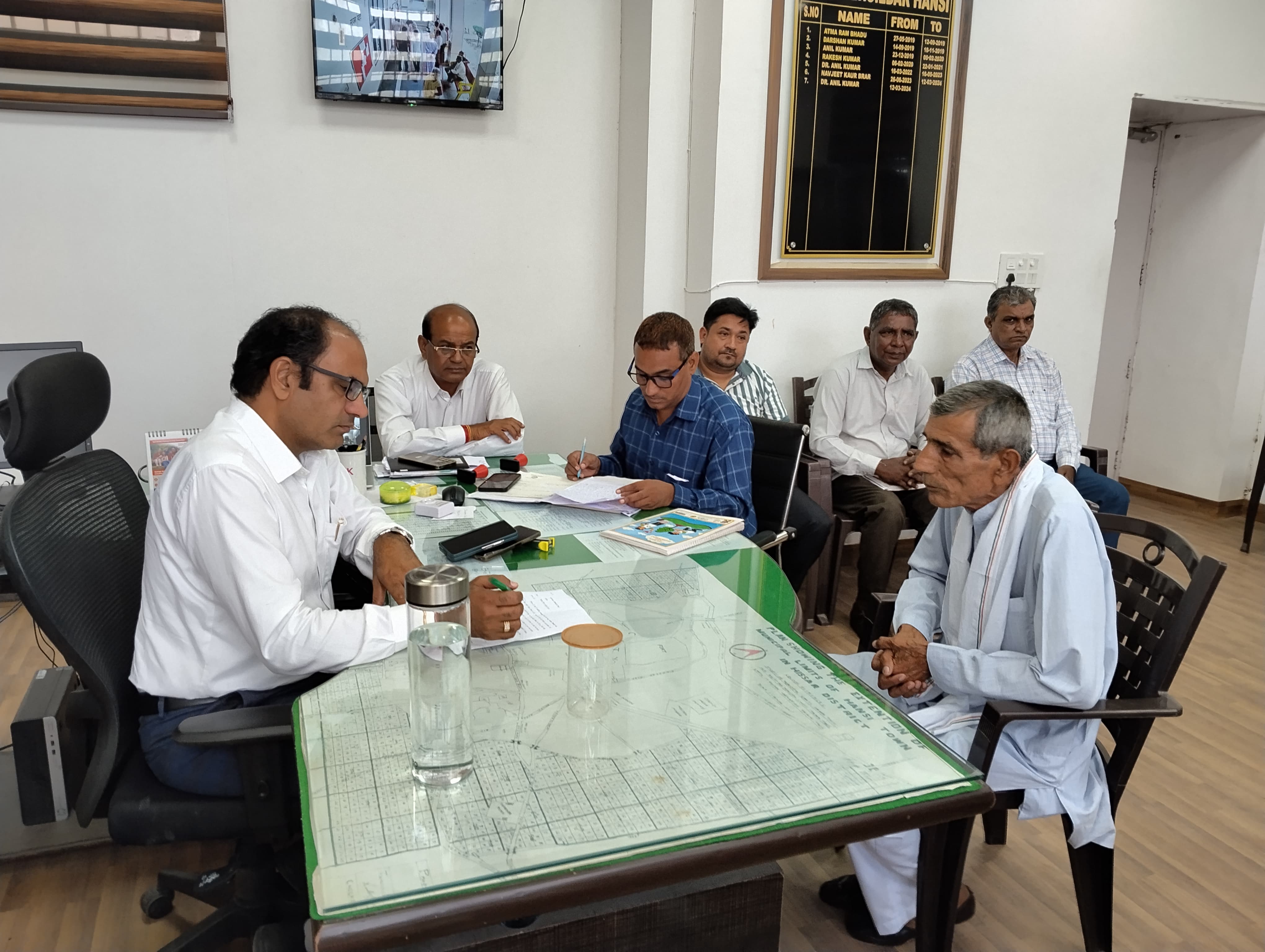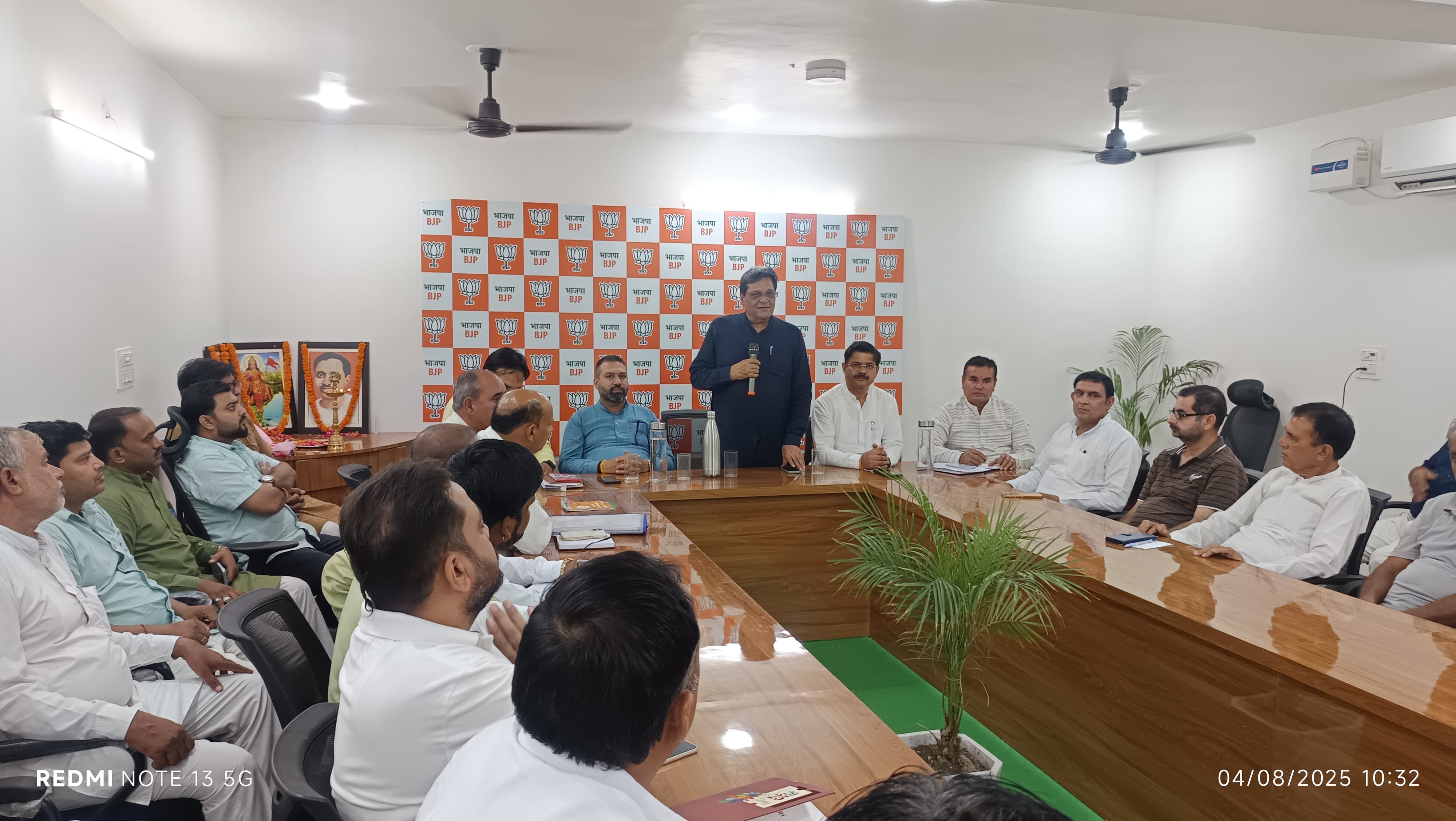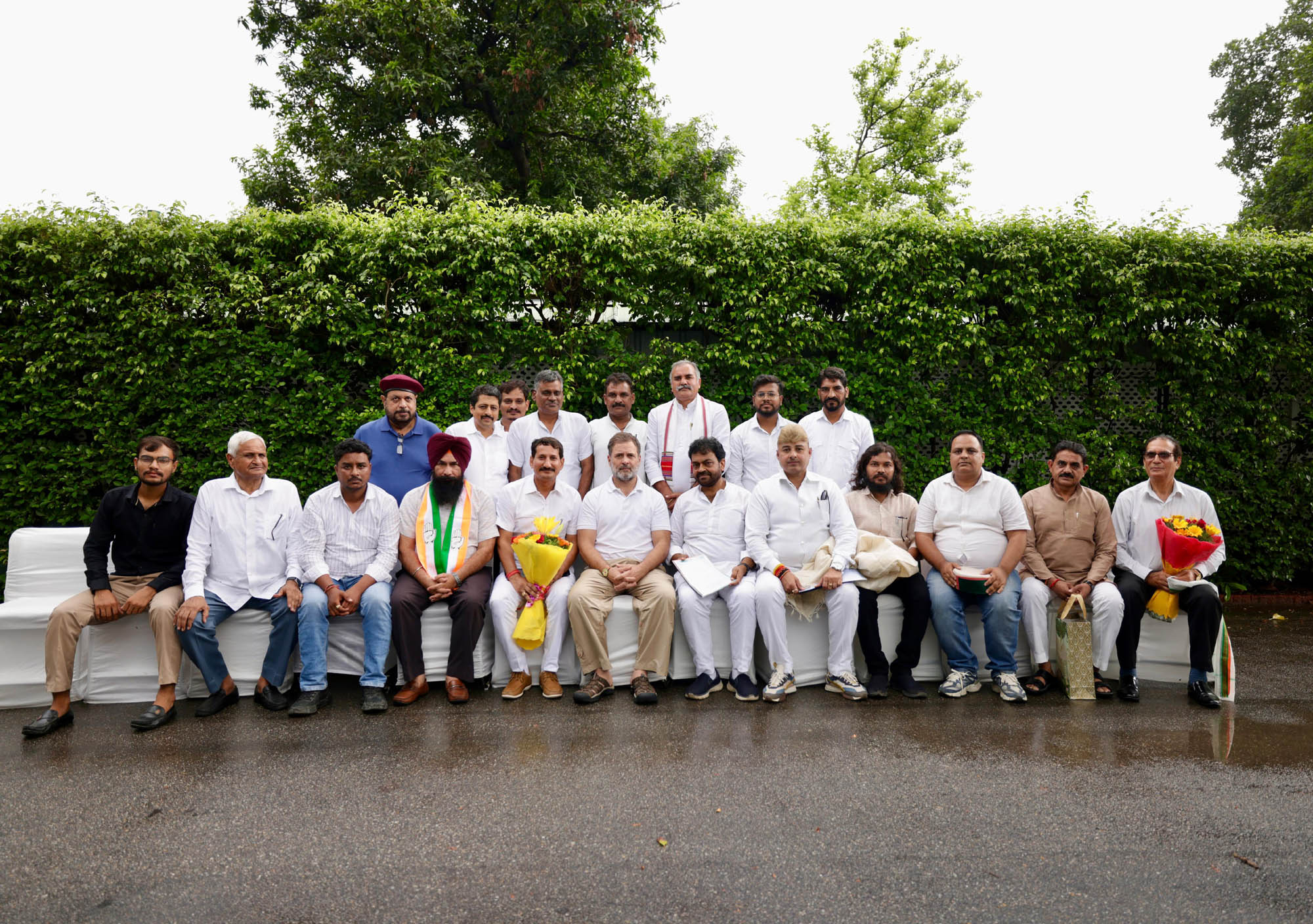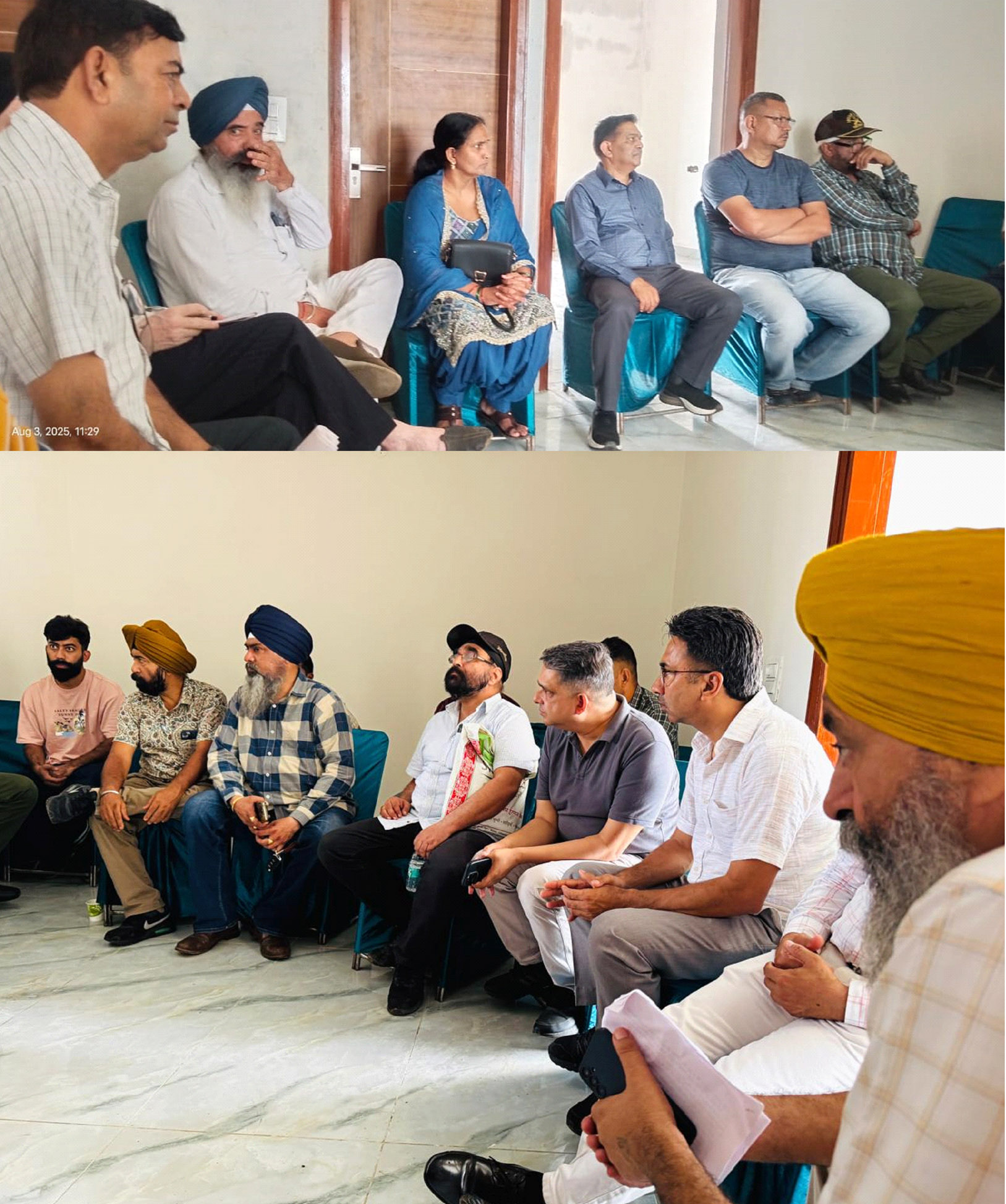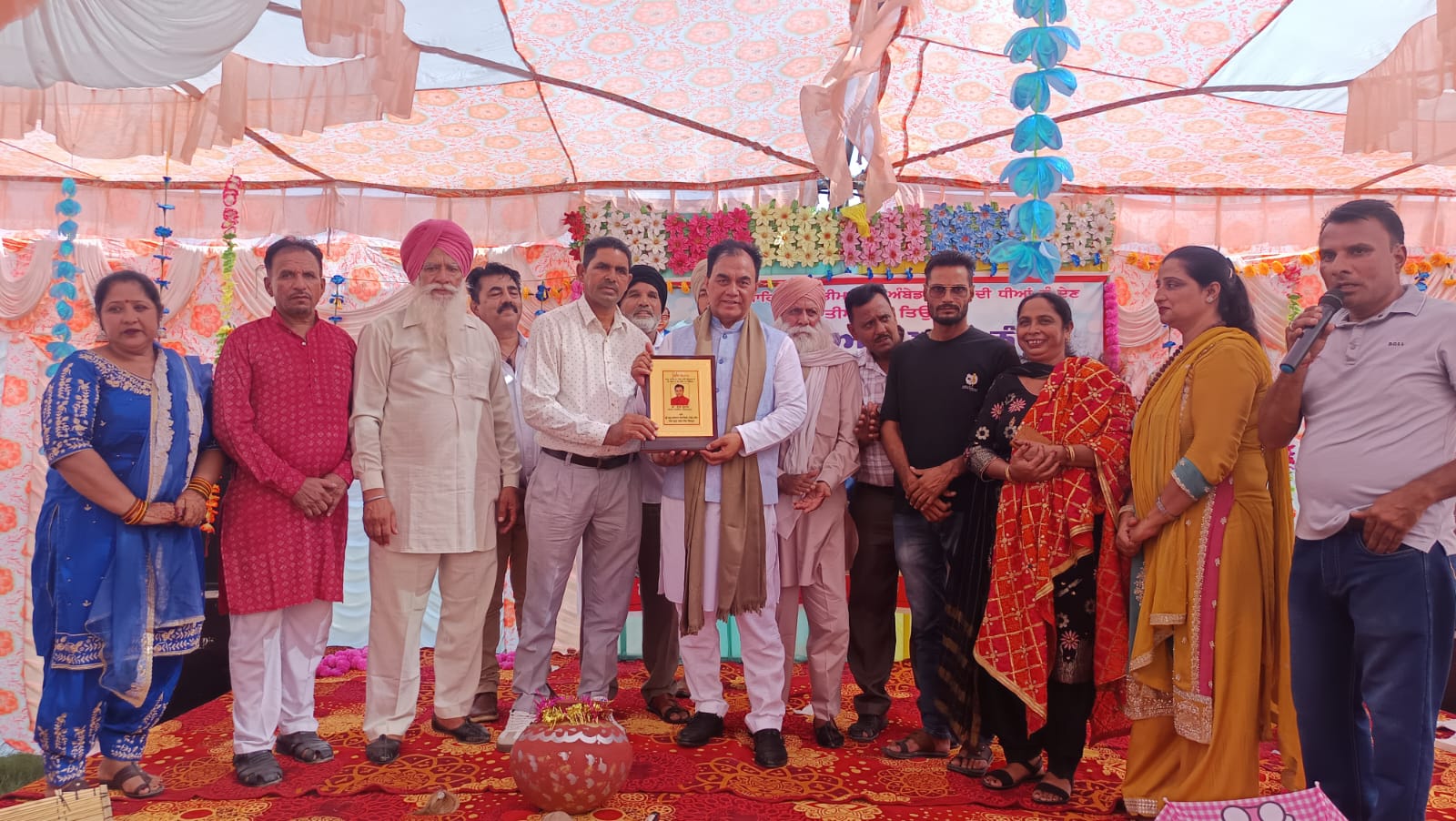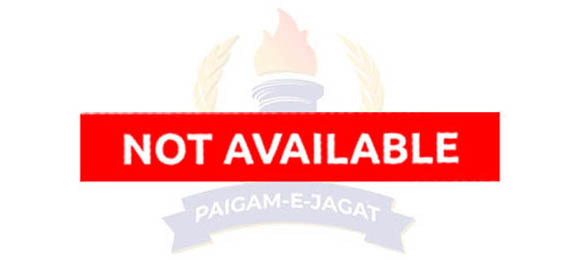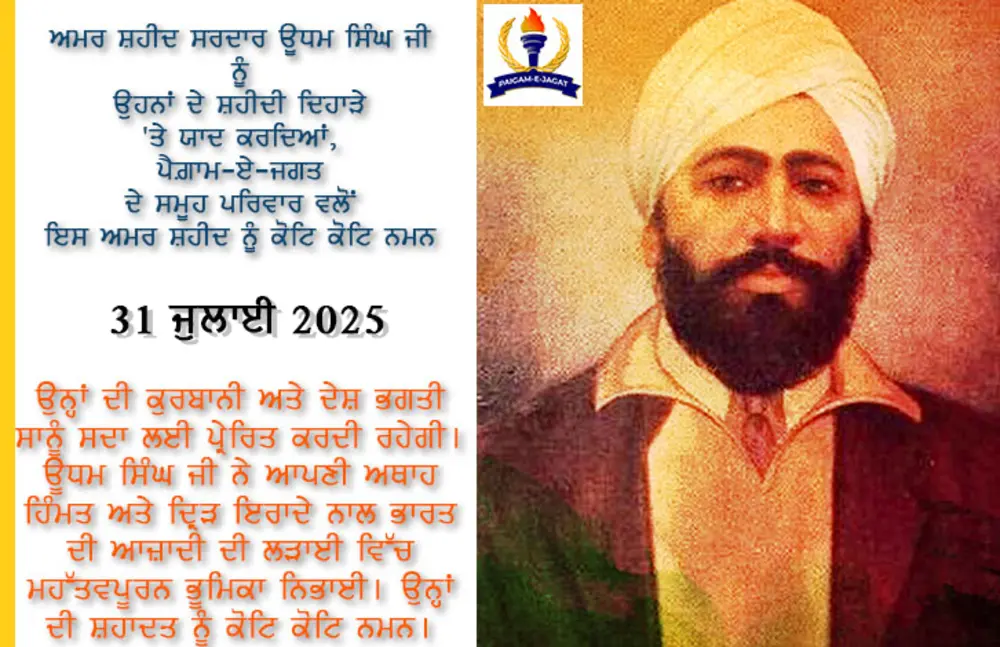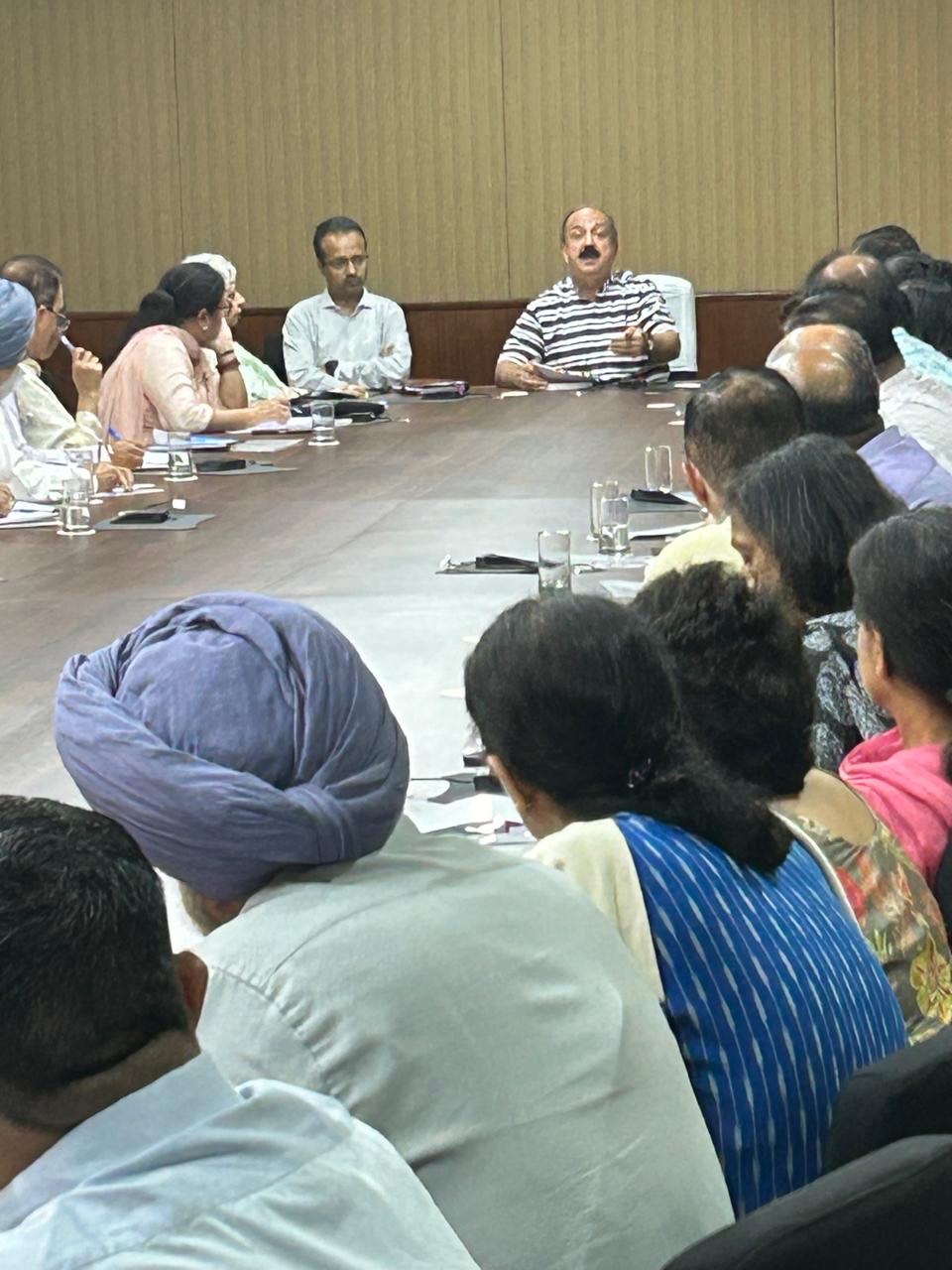
Capacity Building program regarding RTI for the PIOs and Appellate Authorities
The Personnel Training Department, Chandigarh Administration, held a Capacity Building Program today on Right to Information Act, 2005, for the PIOs and Appellate Authorities, at UT Guest House, Chandigarh. Around 80 participants from various departments of UT attended the program. The key note speaker was Mr. Ajay Jagga, Advocate and Additional Standing Counsel, UT. He explained the nuances of RTI matters. Judicial pronouncements pertaining to different sections of the Act were shared with the participants.
The Personnel Training Department, Chandigarh Administration, held a Capacity Building Program today on Right to Information Act, 2005, for the PIOs and Appellate Authorities, at UT Guest House, Chandigarh. Around 80 participants from various departments of UT attended the program. The key note speaker was Mr. Ajay Jagga, Advocate and Additional Standing Counsel, UT. He explained the nuances of RTI matters. Judicial pronouncements pertaining to different sections of the Act were shared with the participants.
Concepts related to fiduciary relationship/third party information were some of the critical issues discussed in the session. It was emphasized that RTI is neither a tool for investigation nor a tool for misusing the
information, as the aim of the Law is ‘public interest apart from democratic transparent governance.’ However, the information which is to be given, should be given within the time lines, to avoid litigations. Sh. Ajay Jagga also stressed that Public officials must recognize that the RTI Act is not merely a procedural formality but a powerful tool for democratic empowerment. Even persons of Indian origin have the right of information. However, the right does not extend to all kinds of information.
The specific exemptions mentioned in the Act should be kept in view while providing information. A detailed discussion was held regarding public interest aspect to be considered by the PIOs.
Sh. Ajay Jagga stated that apart from above, the other issues which the PIOs should keep in view include:
i) PIOs should provide details of the information available proactively on the website, as provided u/s 4(b), so that applicants file application only with regard to the data available under the PIO, as per RTI Act, 2005.
ii) PIOs should respond to applications within the time limit. PIOs
should also ensure that the identity of the applicant is established.
iii) Information should be provided, if applicable, not under fear but as per law. The applicant be informed accordingly. If application has landed into the wrong office, the same should be transferred to concerned PIO with a copy endorsed to the applicant. In case the PIO is not aware about the office to which it pertains, the application should be returned conveying that the desired information is not under the domain of the PIO.
iv) The Act gives the right to information only to the citizens of India. It does not make provision for giving information to Corporations, Associations, Companies etc. which are legal entities/persons, but not citizens. However, if an application is made by an employee or office-bearer of any Corporation, Association, Company, NGO etc.
indicating his name and such employee/office bearer is a citizen of
India, information may be supplied to him/her, in his/her
individual capacity. The capacity building program was followed by a prolonged interactive session.
